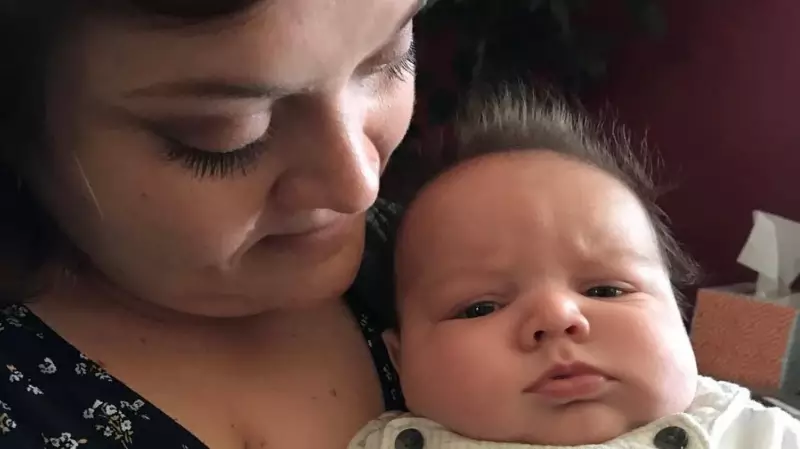
When most parents think about "the talk" with their children, they typically imagine conversations about where babies come from. But one Canadian mother is expanding that definition to include another crucial biological process: menstruation.
Breaking Taboos One Conversation at a Time
In a world where menstrual products are still discreetly tucked away and period conversations often happen behind closed doors, this mother decided to take a different approach with her young sons. Rather than treating menstruation as a women-only secret, she's making it a normal part of family discussions.
"I realized that by not talking about periods with my boys, I was inadvertently teaching them that menstruation was something to be hidden or ashamed of," she explained. "I wanted to change that narrative."
Why Period Education Matters for All Children
Child development experts are applauding this approach, noting that inclusive menstrual education benefits everyone. When boys understand what menstruation involves, they become more empathetic partners, brothers, and friends later in life.
Key benefits of including boys in period conversations include:
- Reducing stigma and shame around natural bodily functions
- Building empathy and understanding for female family members and peers
- Preparing boys to be supportive partners in future relationships
- Creating a more inclusive environment for transgender and non-binary individuals who menstruate
Practical Tips for Starting the Conversation
Many parents feel uncertain about how to approach this topic with young children, especially sons. The Canadian mother suggests starting with age-appropriate explanations and simple analogies.
"I explained it as the body's way of preparing a cozy home for a potential baby," she shared. "When no baby comes, the body cleans house and starts fresh the next month."
Expert-Recommended Approaches
- Use proper terminology from the beginning rather than coded language
- Normalize seeing menstrual products around the house
- Answer questions honestly at an age-appropriate level
- Connect the conversation to broader topics of bodily changes and respect
The Ripple Effect of Open Dialogue
This mother's story has resonated with thousands online, sparking a broader conversation about how we approach menstrual education. Many are sharing their own experiences of period shame and how different their lives might have been with more open conversations growing up.
As one commenter noted: "If all children learned about periods the way this mom is teaching her sons, we'd live in a much more understanding world."
The movement toward more inclusive menstrual education represents a significant shift in parenting approaches. By normalizing these conversations with all children, regardless of gender, we're not just teaching biology—we're building a foundation of empathy and respect that extends far beyond the bathroom cabinet.





